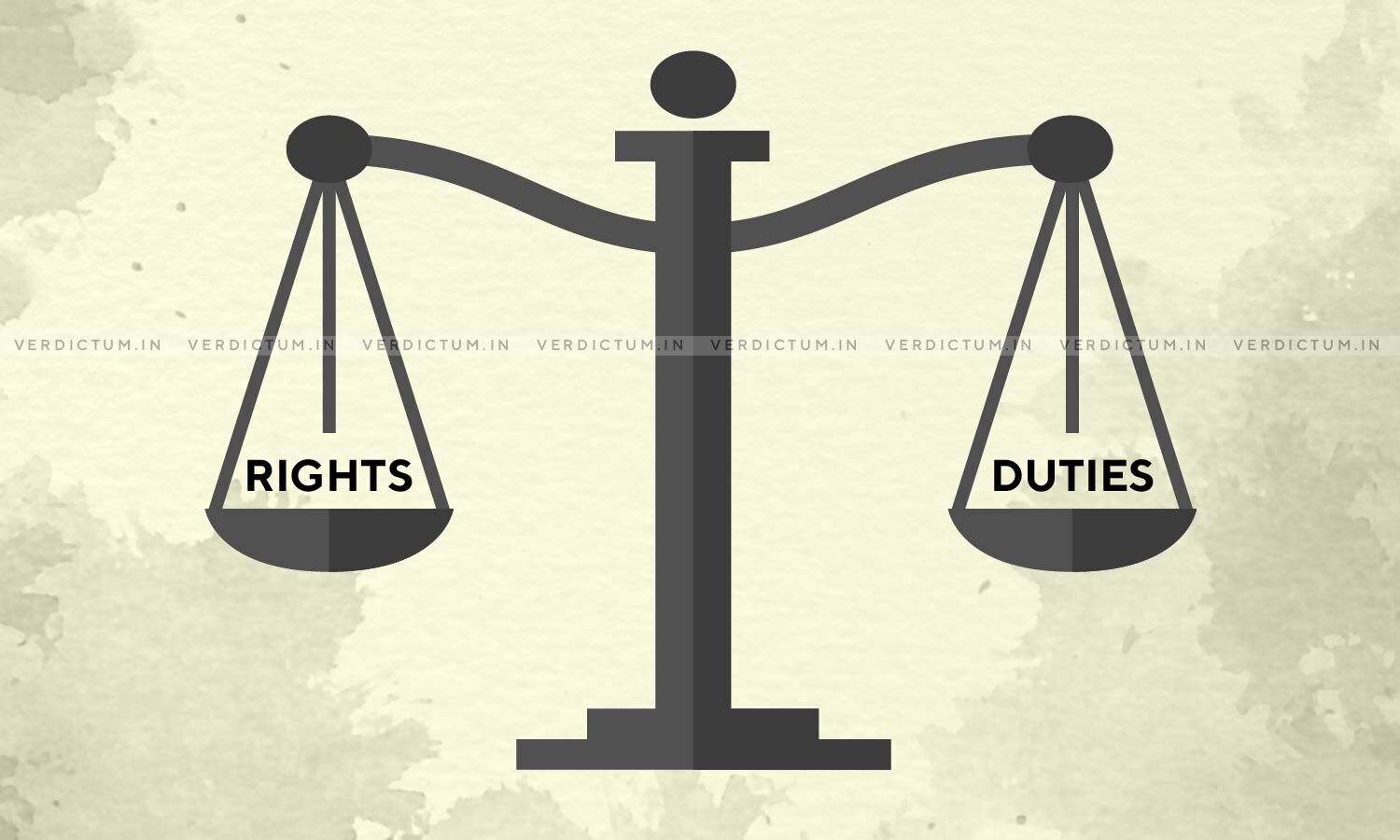
What is your identity?
Have you ever wondered what makes you, you? What defines you as an individual? How do you know that the person inside your head is the same person who was there yesterday or last year?
These are questions that philosophers have been asking for centuries. They’re questions that we all ask ourselves every day: What am I like? Who am I? Why am I here? What do I believe in and why do I believe it?
The philosophy of identity explores questions related to the nature of self, consciousness, and what defines us as individuals. It delves into inquiries about personal identity, the continuity of consciousness, and the factors that contribute to our sense of selfhood. Various philosophical theories and perspectives offer insights into these complex and fundamental concepts.
Personal Identity
One of the central questions in the philosophy of identity is: What makes us the same person over time? This question addresses the issue of personal identity and how we maintain a consistent sense of self despite the changes we undergo throughout our lives. Several theories attempt to explain this, including:
Psychological Continuity Theory: Psychological Continuity Theory states that we have a continuous stream of consciousness that remains constant throughout our lifetimes. It suggests that if you were to lose memories or skills due to brain damage or amnesia, then you would no longer be considered “you” because some key aspects of your personality would be gone.
Bundle Theory: Bundle Theory states that there are different aspects to our identity at any given time (e.g., mental states like memories, beliefs, desires), and these can change without affecting other aspects of ourselves. For example, if I lost my memory but retained my beliefs about myself and others around me, then it wouldn’t matter because those beliefs were separate from my memories anyway.”
Consciousness and Self-awareness
Consciousness and self-awareness are closely tied to questions about identity. Consciousness refers to our subjective experience of the world, while self-awareness involves our ability to recognize ourselves as distinct individuals. Some philosophical perspectives include: Dualism and Panpsychism.
In dualist philosophy, the mind is seen as separate from the body. The mind can exist without the body, but not vice versa. This viewpoint explains consciousness as something that exists only in humans and other animals with brains (and possibly other creatures). In contrast, panpsychism is a view that all matter has some kind of consciousness or mental activity associated with it. This idea was first developed by the ancient Greek philosopher Aristotle and revived by philosophers such as David Chalmers in recent years.
Theories about how we become aware of ourselves often involve introspection—the act of looking inward for information about what is going on inside your body or mind. Introspection can be difficult because it requires you to be aware of yourself without being distracted by other thoughts or feelings; however, it is possible!
Narrative Identity and Social Construction
Narrative identity theory asserts that our sense of self is constructed through the stories we tell about ourselves. These narratives integrate our experiences, beliefs, values, and relationships, shaping our understanding of who we are. Additionally, the social context in which we live plays a significant role in defining our identity. Cultural norms, social roles, and interactions contribute to our sense of self.
The way we think about ourselves is also influenced by how others view us. We develop an internalized sense of who we are based on other people’s interpretations of us and our actions. If a group of people find you funny or smart or kind, then you will likely come to believe these things about yourself as well. Similarly, if a group of people consistently tells you that you’re not funny or smart or kind—even if it’s not true—you’ll likely start to believe it’s true as well.
The Problem of the Self
Philosophers have also debated the existence and nature of the self. Some question whether there is a fixed, unchanging essence that can be called the “self,” while others argue that the self is an illusion created by the mind.
The latter view was popularized by Rene Descartes in the 17th century, when he argued that the self is not something we can understand through empirical means. Instead, he said, we can only understand ourselves through reason and rational thought—which means that our understanding of our own selves is always going to be incomplete because it’s limited by our own perspective.
Ethical and Practical Implications

The philosophy of identity has practical implications in various areas, including ethics and personal responsibility. How we understand personal identity affects how we hold individuals accountable for their actions, especially when changes occur due to factors like brain injuries or psychological conditions.
For example, if we believe that an individual’s identity is a fixed property that can be traced back to some basic component of their being—that it is immutable and unchanging—we will expect them to act in a consistent manner. If we believe that our identities are more fluid and malleable, however, it may be easier for us to see how circumstances can change who we are and therefore change our actions.
The question of whether or not humans have free will is another area where the philosophy of identity can have practical implications. This question deals with whether or not human beings could have done something differently than they did given the same circumstances as they were faced with at the time of an event. If we believe in free will then this means that people are responsible for their actions no matter what has happened in their past or present lives; if not then there is no responsibility for anything because everything is predetermined by fate or chance.
In conclusion, the philosophy of identity encompasses a wide range of theories and perspectives that explore the nature of self, consciousness, and what defines us as individuals. These philosophical inquiries have profound implications for our understanding of human nature, ethics, and the way we navigate our lives and relationships.
RUCHI RATHOR Founder & CEO
Payomatix Technologies Pvt. Ltd.
FOUNDER AND INVESTOR | PAYMENTS PROCESSING EXPERT | MERCHANT ACCOUNT SOLUTIONS | WHITE LABELLED PAYMENT GATEWAY | Dreamer, Creator, Achiever, Constantly Evolving
Website Ruchi Rathor: https://ruchirathor.com
Website Healing Heart https://thehealingheart.me/
Instagram https://www.instagram.com/_ruchirathor_/
LinkedIn https://www.linkedin.com/in/ruchirathor12/
Facebook https://www.facebook.com/ruchi.rathor.magnificient
Tumblr https://www.tumblr.com/blog/ruchirathor-thehealingheart
Medium https://medium.com/@ruchirathor_23436









